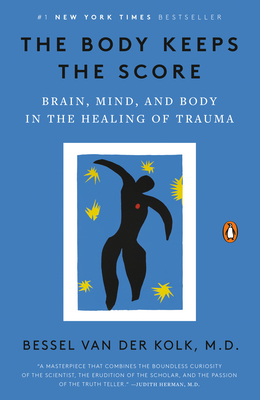
Changing Minds: How Aging Affects Language and How Language Affects Aging
Description
Why language ability remains resilient and how it shapes our lives.
We acquire our native language, seemingly without effort, in infancy and early childhood. Language is our constant companion throughout our lifetime, even as we age. Indeed, compared with other aspects of cognition, language seems to be fairly resilient through the process of aging. In Changing Minds, Roger Kreuz and Richard Roberts examine how aging affects language—and how language affects aging.
Kreuz and Roberts report that what appear to be changes in an older person's language ability are actually produced by declines in such other cognitive processes as memory and perception. Some language abilities, including vocabulary size and writing ability, may even improve with age. And certain language activities—including reading fiction and engaging in conversation—may even help us live fuller and healthier lives.
Kreuz and Roberts explain the cognitive processes underlying our language ability, exploring in particular how changes in these processes lead to changes in listening, speaking, reading, and writing. They consider, among other things, the inability to produce a word that's on the tip of your tongue—and suggest that the increasing incidence of this with age may be the result of a surfeit of world knowledge. For example, older people can be better storytellers, and (something to remember at a family reunion) their perceived tendency toward off-topic verbosity may actually reflect communicative goals.
Praise for Changing Minds: How Aging Affects Language and How Language Affects Aging
"Changing Minds provides a clear understanding of the connection between aging and language. Most importantly, it provides sets of practices that can help you harness the power of language to live longer and better." – Dan Buettner, author of The Blue Zones: 9 Lessons for Living Longer from the People Who've Lived the Longest
"Roger Kreuz and Richard Roberts have done it again — and made it look easy! Their new book, Changing Minds, is a superbly written and highly accessible overview of a neglected topic, namely, how aging affects a person’s ability to communicate through language. Anyone who is getting older or who interacts with anyone who is getting older — and, of course, this is everyone — should read this fun and informative book." – John Kounios, coauthor of The Eureka Factor: Aha Moments, Creative Insight, and the Brain; Professor of Psychology, Drexel University
"From the first page, I found myself reading this book with the same care and enthusiasm as I would a novel. It is a well-researched, well-crafted, and utterly fascinating exploration into how we use words and how language becomes us as we age. It goes beyond the structure of language and language acquisition and change and instead gives a rich cultural context necessary to appreciate the complexity of language." – Kate de Medeiros, O’Toole Family Professor, Scripps Gerontology Center, Miami University, Ohio




























